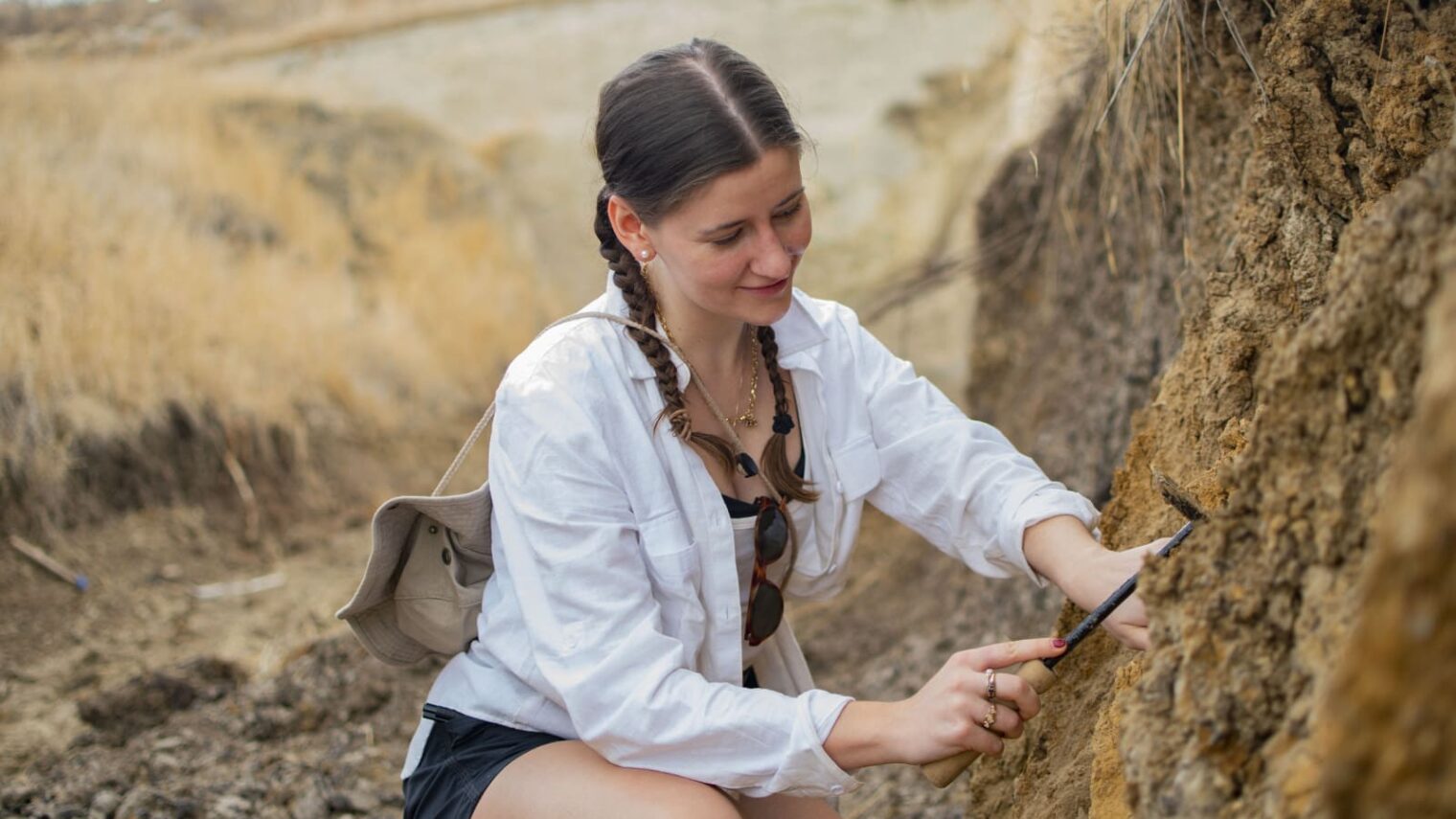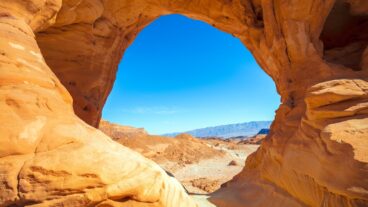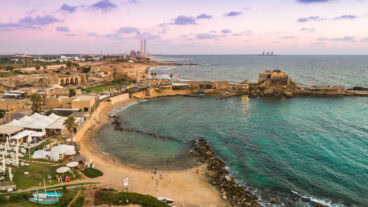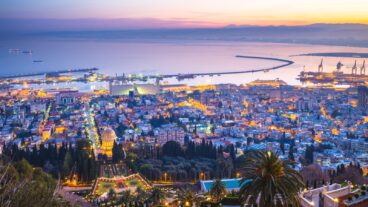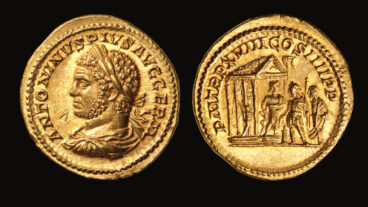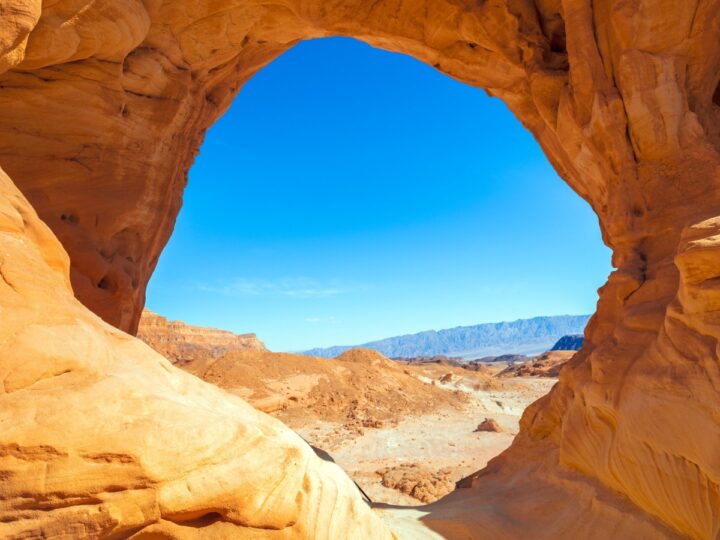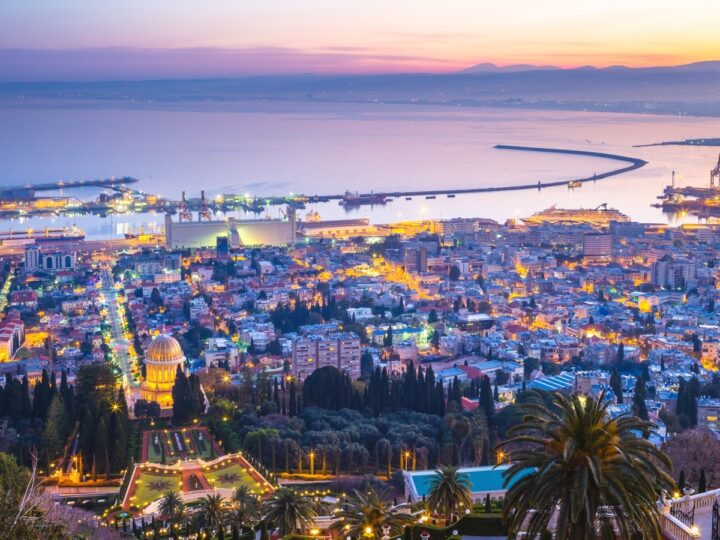Israel’s ‘Ubeidiya National Park, a globally recognized archeological site nestled in the Jordan Valley dating back a staggering 1.6 million years, was unveiled to the public this month, offering a glimpse of the world as it was when humankind took its earliest footsteps outside of Africa.
“This is a red-letter day for prehistory,” explained Israel Antiquities Authority Director Eli Escusido.
“Every year, the Israel Antiquities Authority develops tens of archeological sites, making them accessible to the public. But ‘Ubeidiya is unique: This is a prehistoric site of inestimable scientific importance for researching the beginnings of the human race.”
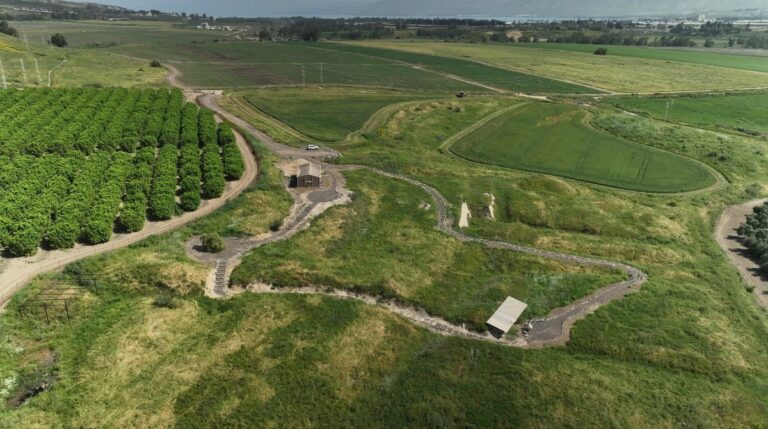
The site was first identified in 1959 by nature instructor and area resident Izzy Merimsky. His discovery sparked a series of literally groundbreaking excavations that unearthed early hominin remains, stone tools crafted from flint, limestone and basalt and evidence that the area was once roamed by megafauna such as hippopotami, giraffes, mammoths and saber-tooth tigers.
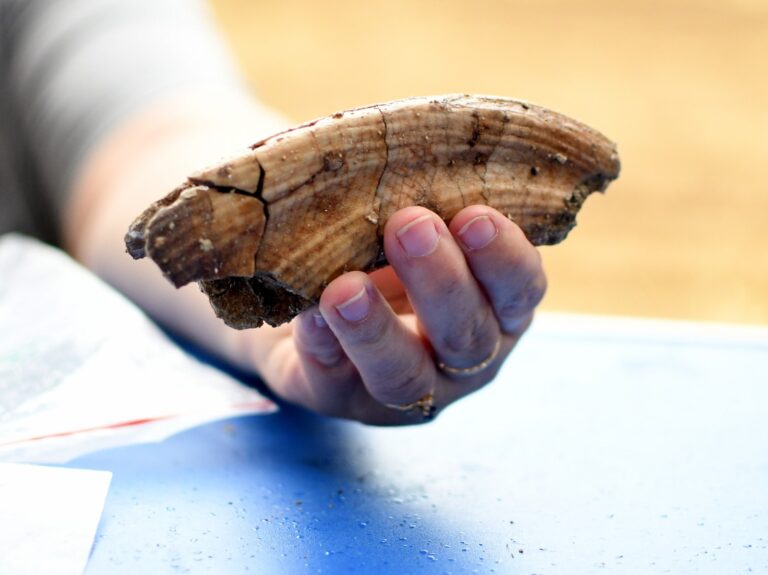
Recent revelations from a youth’s skeleton found during these excavations have reshaped researchers’ understanding of early human migration, suggesting a pattern of waves rather than a single exodus out of Africa.
After years of neglect following its last excavation in 1999, ‘Ubeidiya saw a resurgence in 2021 under a study led by University of Haifa Prof. Omry Barzilai. That venture resulted in redoubled efforts to protect and conserve the park, and open it to the public.
A jewel
The designation of ‘Ubeidiya as a national park in 2022 marked a pivotal moment, aligning with broader initiatives to revitalize the Southern Jordan River Reserve.
Collaborative efforts paved the way for accessible roads and informative pathways, with plans for a visitor center in the park’s future stages of development.
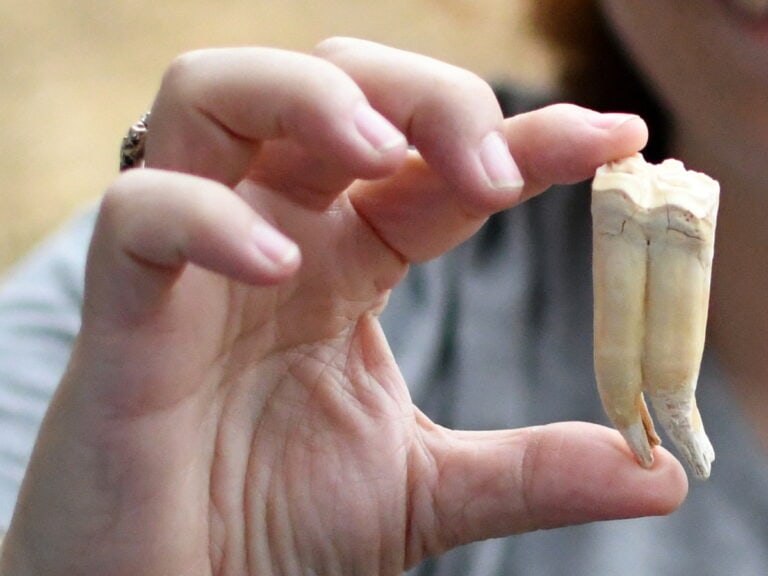
Zvika Sloutzky, CEO of the Lake Kinneret Authority, highlighted the broader conservation efforts along the Jordan River, positioning ‘Ubeidiya as a jewel in the region’s revitalization.
“This comes after [the river] suffered many years of pollution and neglect, since sewage was streamed here and it was also used as an outlet for saltwater springs diverted from Lake Kinneret’s north,” he said.
“The project’s purpose is to make this section of the river accessible to hundreds of thousands of visitors who visit this area, while at the same time retaining its nature and character, and transforming it into a swimming and recreational area.”
Journey backwards in time
Israel Nature and Parks Authority Director General Raya Shurky emphasized the park’s role in connecting landscapes to history.
“The ‘Ubeidiya region is an exciting journey backwards in time. The site contains three important areas which connect to one heritage story in the history of our land,” Shurky said.
“First, ‘Ubeidiya’s prehistoric site represents man’s entry into the Middle East 1.5 million years ago. Secondly, adjacent Tel ‘Ubeidiya represents early Israel, based on the inscription of the Egyptian Pharoah Merneptah. And finally, Moshav Menahemia represents the beginning of the Zionist movement; established here in 1901 right in this very district, and heralding Zionism flourishing throughout this region.”
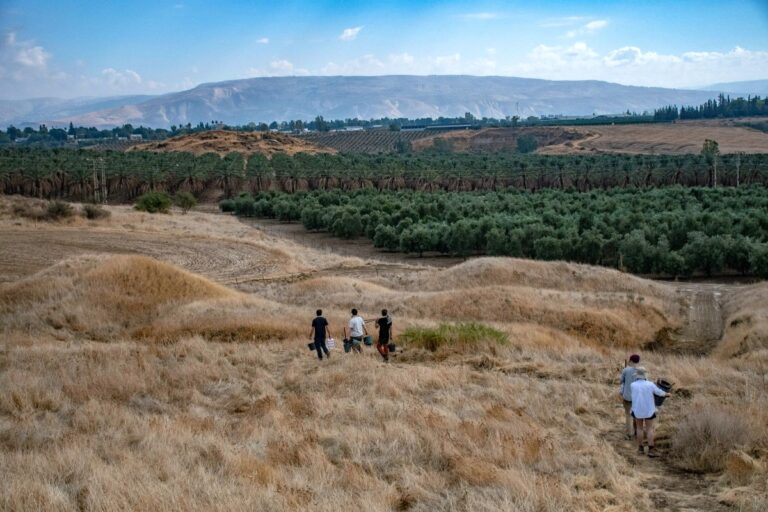
“These three sites tell the story and provide the complete picture of life in this region throughout the course of history until our own times.”




